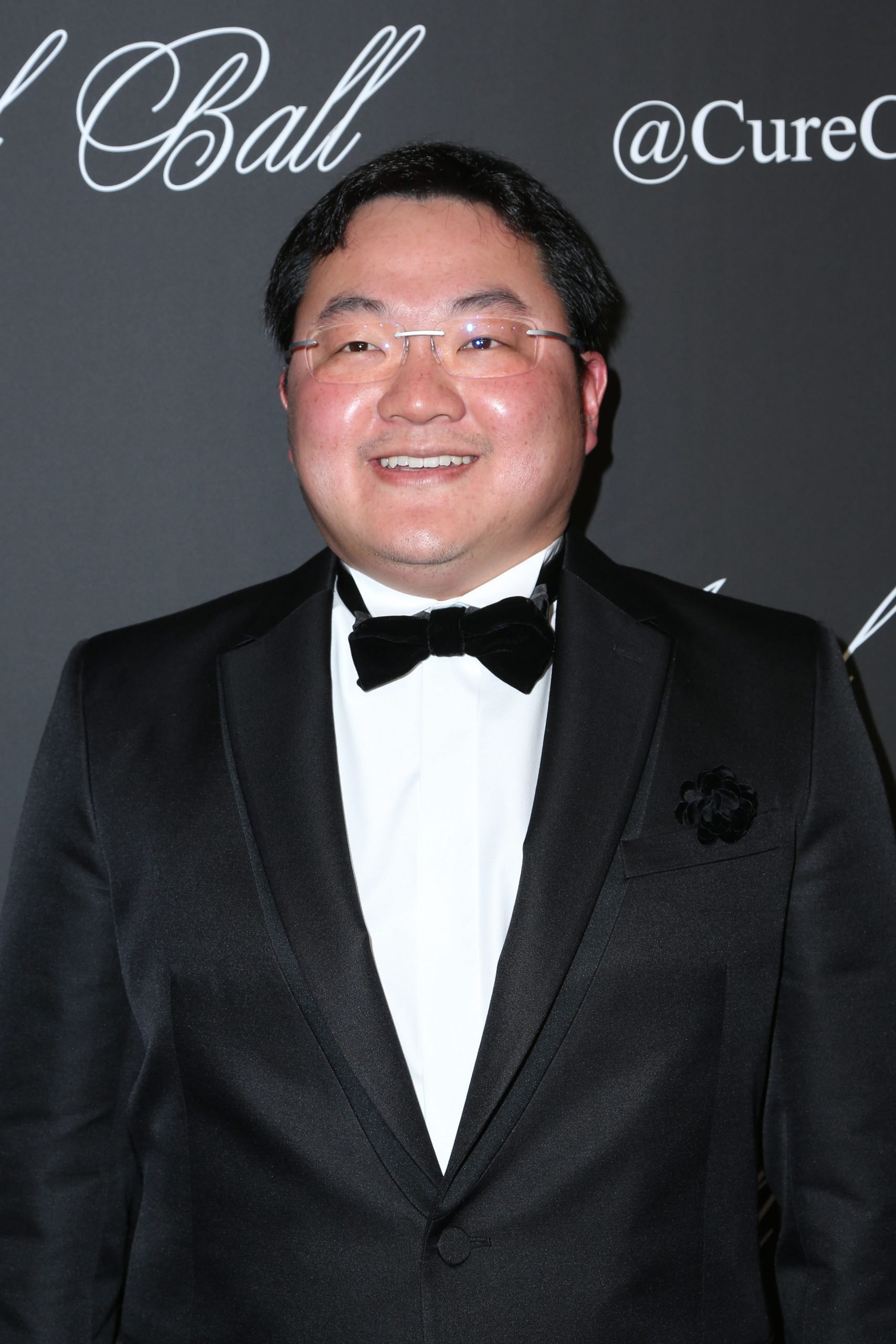
In 2015, Christie’s sold Pablo Picasso’s Les femmes d’Alger (Version ‘O’) (1955) for $179 million, setting the record not only for the most expensive Picasso ever sold at auction, but also, at the time, the most expensive artwork of any kind ever sold at auction. The buyer was later discovered to be a Qatari sheikh, but a new book now reveals that of one of the underbidders was Malaysian financier Jho Low.
The book, Billion Dollar Whale, by Wall Street Journal reporters Tom Wright and Bradley Hope, tells the epic tale of how the young, seemingly mild-mannered financier allegedly duped dozens of Wall Street power-brokers and Hollywood players alike. According to US and Malaysian government investigators, Low is believed to have been part of a conspiracy to misappropriate billions in funds from his country’s sovereign wealth fund, 1Malaysia Development Berhad (1MDB).
In 2015, even as Jho Low’s purported schemes were starting to unravel, Wright and Hope report that he continued his buying spree “as if nothing was up.” He allegedly told friends he had bid $170 million for the Picasso painting, but ultimately lost out to a Qatari buyer. After 11 minutes of phone bidding, he dropped out, the authors report he claimed. Those privy to the conversation were said to be stunned that Low was even considering such purchases, since negative stories about 1MDB had already begun trickling out in some newspapers, the authors write.
But based on what is known about the bidding—at a public auction—on this particular work, it seems Low may have actually been exaggerating his involvement. The Picasso was hammered down at $160 million and the buyer’s premium accounts for the $19 million added to the final price. Christie’s, which doesn’t reveal the identity of buyers, declined to comment.
In a website set up to tell Low’s side of the story, a statement reads:
“Billion Dollar Whale is one of three recently and hastily published books, with the authors attempting to write ‘instant history,’ without the benefit of evidence and before the issues have even begun to be resolved.”
In 2016, the US Department of Justice said in seizure papers that Low used illegal schemes to acquire $137 million worth of art and that it intended to seize property, including a Vincent van Gogh drawing and two paintings by Claude Monet, among other assets. Documents released by the Justice Department outlined how hundreds of millions of dollars were inappropriately transferred from Low’s 1MDB fund to personal accounts or unrelated business entities.
Low and his alleged associate Eric Tan, who the authors describe as “‘Fat Eric,’ party boy,” had trouble making payments for a Van Gogh drawing bought in 2013 due to concerns raised by the compliance department at a private Swiss bank, according to the Department of Justice documents.
According to the department’s papers, the two men often gave Christie’s complicated and contradictory instructions. For instance, Tan told Christie’s that Low had agreed to buy some of the items he had acquired through private sales, saying that Low could pay immediately. At one point, Tan allegedly told Christie’s, “Please do not have Mr. Low in any document. I prefer just me null and void.”
The cover of Billion Dollar Whale, out now in the US from Hachette.
Later, according to the Justice Department, when a Christie’s employee transmitted documents to Low, he told the auction house to “please remove any reference to Tanore,” the name of one of his business entities, in the agreement. When Tanore was allegedly unable to make payments for the Van Gogh work, Low bought it “using money traceable to diverted 1MDB funds,” according to the Department of Justice. Tan is reportedly wanted by both Singaporean and Malaysian authorities.
Last month, Low, who is now thought to be in China, was charged with eight counts of laundering money by Malaysian authorities, according to a report in the New York Times. Low maintains his innocence on his new website and says he will relay the “true story” about what happened. artnet News did not receive a response to a request for comment sent through the website.
According to the website’s September 17 statement on the new book: “As reviewers and commentators from the Financial Times and Australian Financial Review, among others, have pointed out, this particular book is mostly about transactions undertaken by global financial institutions, sovereign wealth funds and the managers of 1MDB—all of whom were experienced in such transactions and knew exactly what they were doing. In fact, Mr. Low seems to disappear from the narrative when any of the alleged fraud occurs, only to then be accused—without any evidence—of having been responsible for it.”
Schillings, a UK law firm that was said to be representing Low, has sent letters to bookshops in the UK and Singapore threatening a libel lawsuit for carrying Billion Dollar Whale or even advertising snippets from the book on their respective websites. Schillings did not respond to requests for comment.
“No UK publisher would agree to publish the book due to libel law in the UK, according to a source with knowledge of the legal issues surrounding its publication,” reported The Guardian. “As a result of this decision and the legal campaign, it is almost impossible to obtain a copy in the UK.”
The book, which is being published in the US by Hachette, came out this week.